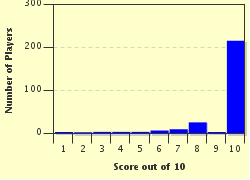
Match these 1970s albums to their artists Quiz
All the albums in this quiz were released between 1970 and 1974. You need to match the album from the left with the artist shown on the right. I hope you enjoy the quiz and the challenge.
A matching quiz
by rubytops.
Estimated time: 3 mins.
